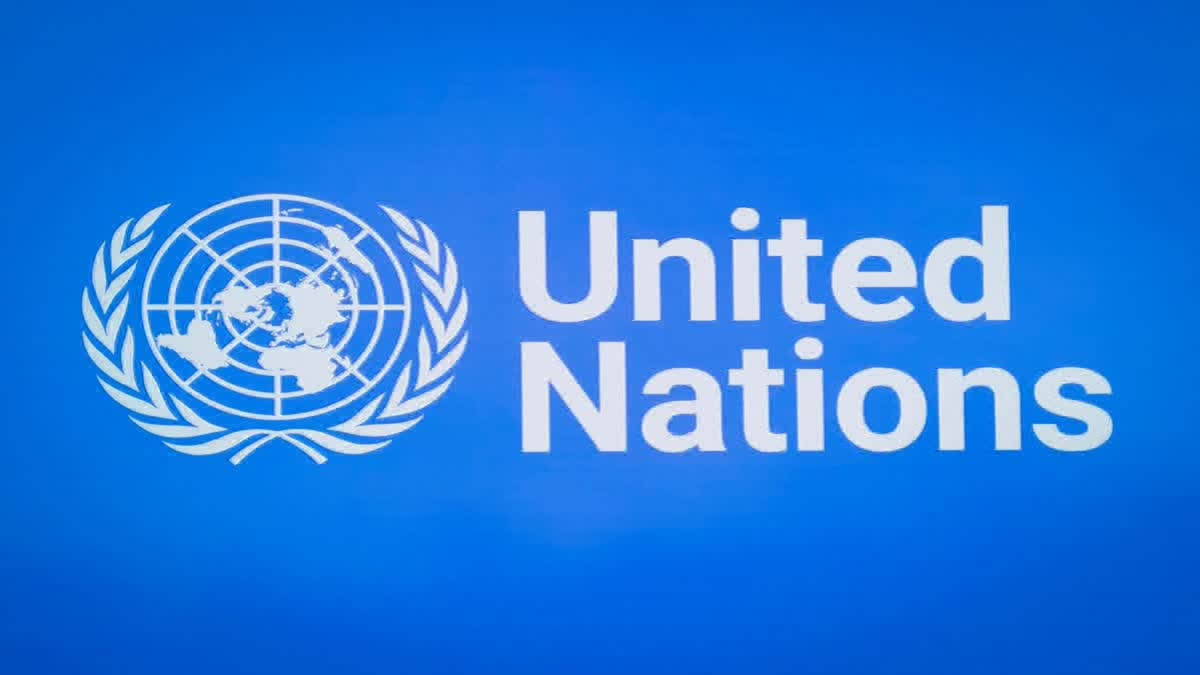United Nations: India remains a cornerstone of UN peacekeeping and its women peacekeepers have demonstrated that missions with greater female representation improve operational outcomes and contribute to lasting peace, the United Nations peacekeeping chief has said.
UN Under-Secretary-General for Peace Operations Jean-Pierre Lacroix will visit New Delhi this week to attend the conference ‘Enhancing the Role of Women in Peacekeeping: A Global South Experience’ being organised by India on February 24-25.
“India remains a cornerstone of UN peacekeeping” and “Indian women peacekeepers are redefining peacekeeping itself," Lacroix told PTI in an exclusive interview here.
Noting that it's a “privilege" to attend the conference in India, Lacroix said the gathering would bring together women officials from about 50 countries in the Global South to discuss the evolving challenges in peacekeeping and the critical role women play in advancing peace and security.
“More women in peacekeeping means a more effective peacekeeping. India has long been a leader in advancing women, peace and security in peacekeeping missions —not only as a top troop and police contributor but also as a pioneer in advancing gender parity, its leadership in training and capacity building and its commitment to increasing women’s participation in missions,” he said in the written interview ahead of the conference.
He said the presence of Indian women peacekeepers “proves that missions with greater women representation build stronger relationships with communities, improve operational outcomes, and contribute to lasting peace.
"Moving forward, creating enabling environments, addressing gender barriers, ensuring the mental well-being of peacekeepers, strengthening strategic communication, and countering misinformation must remain priorities. Women in peacekeeping is not just about fairness—it is a strategic necessity for mission success," he said.
Lacroix said “India’s women peacekeepers have proven to be indispensable in UN peacekeeping, forging trust between our uniformed personnel and local communities in some of the world’s most challenging conflict zones.
“Their presence contributes to the success of peacekeeping efforts. Through community engagement, they build crucial connections with local women, build trust, contribute to early warning and protection efforts, improve humanitarian outreach and act as role models for women and girls in the communities they serve,” he said.
In Abyei, Indian women peacekeepers have adapted patrol routes and provided targeted support to marginalised groups, ensuring safer environments for women and children.
Their ability to navigate cultural sensitivities and build genuine relationships enhances both mission success and community healing, he said.
Beyond their on-the-ground contributions, Indian women peacekeepers are “pioneers" in gender-inclusive peacekeeping.
“Their deployment across various missions highlights how diverse teams lead to stronger, more effective operations. Their courage and commitment inspire not only their fellow peacekeepers but also the local populations they serve,” the UN peacekeeping chief said.
Lacroix noted that India ranks among the top contributors to UN peacekeeping missions with 5,384 personnel, including 153 women, across 10 missions as of September 2024.
India deployed the first all-female Formed Police Unit (FPU) to Liberia in 2007. Today, 20.45% of its deployed military observers and staff officers are women. Additionally, India’s Engagement Platoons in the United Nations Interim Force for Abyei (UNISFA) and UN Organisation Stabilisation Mission in the Democratic Republic of the Congo (MONUSCO) “exemplify” the impact of women in peacekeeping.
He noted that Deputy Commander of the Female Engagement Team at UNISFA Captain Seema Gowdar’s team in Abyei has strengthened civilian protection and community trust.
